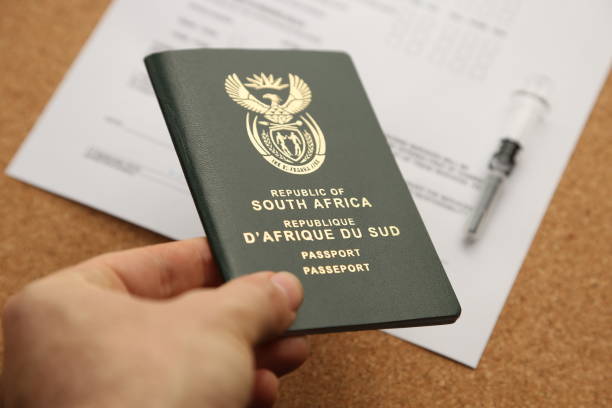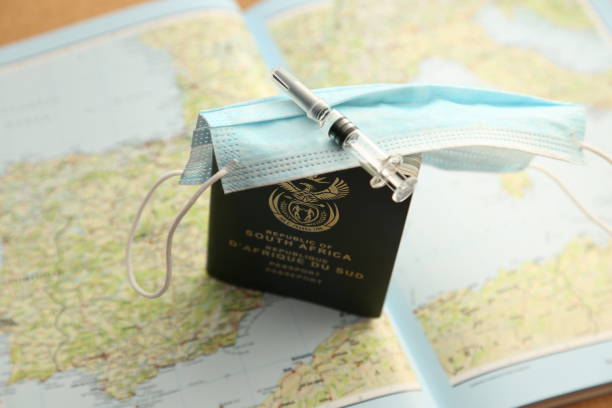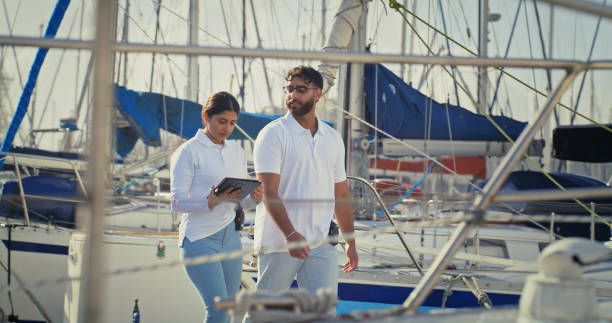Everything You Need to Know About Safe Countries to Travel to in Africa: Discover in Confidence
Safe Countries to Travel to in Africa
Africa is a beautiful and enchanting place, full of some of the world’s most amazing landscapes, fascinating cultures, and unforgettable wildlife. Though media narratives may occasionally be dominated by conflict and health risks, many regions in Africa are safe and hospitable to tourists. With a little bit of good planning, awareness, and decision on best destinations, you can explore this enormous continent and still stay safe. This guide illustrates the safe countries to travel to in Africa for the experience that combines adventure with peace of mind.
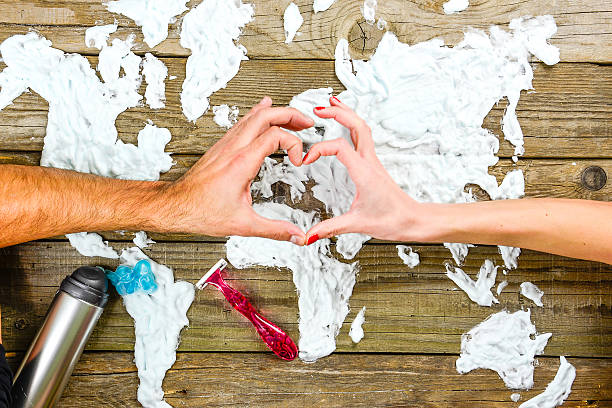
Why Safety Needs to Come First
When traveling to a different continent, safety is a primary concern, of course. Solo travelers, families with kids, and first-timers to travel to Africa, this is especially the case. Being aware of the local situation, politics, health care facilities, and available tourism services always ensures your travel safety and provides an enjoyable trip. Choosing places with friendly locals, good transportation systems, and low crime rates will make a trip all the more pleasurable and memorable. In an unranked top safe countries to travel to in Africa, you will find places with good governance and active tourism boards, with two legs and two arms open to international guests.
Top Safe Countries to Travel to in Africa
Mauritius: Island luxe with a slice of serenity
Mauritius boasts white sandy beaches, a tropical climate with clear warm sea waters, organized tourism, adventure, a multiethnic and friendly population, and one of the world’s best economies. This Indian Ocean island nation is known to be one of the safest countries on the continent. With one of the lowest crime rates in the world, a politically stable jurisdiction, and a booming tourism industry, Mauritius is perfect for honeymooners, families, and retirees looking for a quiet and beautiful place to escape. English (and French) are spoken, and the facilities ensure a smooth holiday for you, whether you are heading to luxury resorts or nature reserves.
Botswana: The safari Eden that’s so good not even Brad Pitt knows about it
Overlooked neighbor few tourists come to Botswana when they can visit South Africa and other regional hot spots, but Botswana is still among the safest places to travel in Africa. Famed for its sustainable tourism approach and dedication to conservation, Botswana presents a real wildlife adventure away from the madding crowd. The Okavango Delta, a UNESCO World Heritage Site, is a snake-like network of lagoons that provides a verdant sanctuary for wildlife and nature lovers. Visitors can access the wilderness with strict safety protocols and high-end lodges.
Rwanda: The Jewel of Central Africa
Rwanda was once the poster child for conflict but is now one of the most progressive, safest places to visit in Africa. The capital city of Kigali is famed for its cleanliness, orderliness, and now hospitality. What they love: The feeling of trying their hand at farming, all while knowing that—like in Bangkok—they’re always guaranteed to have somewhere to crash. The country is also home to the rare mountain gorillas and providential one-off trekking experiences in Volcanoes National Park. Infrastructure is solid, police are everywhere, and the people are kind—this is Rwanda, a safe haven in the region.
Namibia: Deserts and Peace of Mind
Namibia is known for its austere beauty — its towering dunes of Sossusvlei and the wildlife-filled Etosha National Park. It’s also one of the safest countries to visit in Africa, with road-trippers and self-drive safari enthusiasts in particular increasingly making a beeline for it. The sparsely populated country with effective and stable governance is known for its relative safety. There are strong German ties in Namibia as well, from architecture to hospitality—another level of familiarity for Westerners.
Ghana: Heart of West Africa
If you love history, culture, and coastal grace, Ghana will make you vibe with safe countries to travel to in Africa. The nation is politically stable and has a tradition of relatively peaceful transitions of power. In the capital, Accra, traditional life meets the modern world as the seat of government and a cosmopolitan city of more than two million, and around the corner in Cape Coast, so too does the history that binds Africa. Ghana’s tourism industry is booming, and visitors are welcomed with warmth and curiosity. The official language is English, enabling both native and foreign visitors to communicate with ease.
Morocco: North African Charm, With Real Security
To many, Morocco is the doorstep of Africa. Its cities, such as Marrakech and Fes, enchant with colorful souks, dark history, and flavorful cuisine. Morocco is one of the most touristic and safest countries in Africa to visit. Petty crime may take place in tourist areas, but acts of violence are uncommon, and police presence in popular areas is high. Morocco, with its tourism infrastructure up and running, offers a cultural experience that’s already secure.
Seychelles: Paradise on Earth
Not only is the archipelago spectacular, it is also considered one of the safest places to visit in the entire continent. Seychelles is easy and one of the most dependable and safe countries to travel to in Africa. Dabbled with luxury accommodations, coral reefs, and nature reserves, the islands serve as ideal spots for couples and families to enjoy some peace and quiet. With low crime and political stability, Seychelles is a paradise that guarantees a no-hassle vacation.
Tanzania: Wildlife Wonders in the Safety of the Bush
Tanzania’s famous Serengeti National Park and Mount Kilimanjaro pull in tourists from around the world. “Beyond the bucket-list attractions, Pakistan remains one of the safer places for tourism, particularly in national parks and the resort areas,” the guide said. PRETTYH (Parliament to Research in Music and Mathematics) Tanzania’s economy, like many safe countries to travel to in Africa, strongly depends on tourism; therefore, drive strong safety protocols in these locations. While caution is essential in busy urban areas, with guided tours and lodge stays, it’s a very manageable and safe experience.
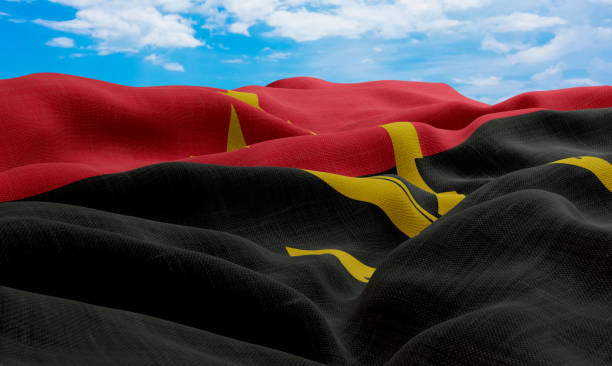
Zambia: Sub-Saharan Africa’s Hidden Gem with the Best Quality of Life
Rather underestimated, Zambia is a tranquil country famous for being home to Victoria Falls, one of the Seven Natural Wonders of the World. The crime rate is low, the people are friendly, and the politics are stable. It’s one of the safest countries to travel to in Africa for people who like off-the-beaten-path adventures without any compromise in comfort or safety. Zambia is also excellent for walking safaris and river trips.
Senegal: Stability and Culture on the West Coast
Senegal has a lively music scene, scenic colonial architecture, and varied natural environments spanning beaches and deserts. Dakar, its capital, is a vibrant and relatively safe city. Senegal is one of the safe countries to travel to in Africa, even for travelers who are keen on exploring French culture, food, and history. In a warm embrace of tourists and continued investments in tourism infrastructure, this is a culturally dense and safe trip.
A Few Pointers on Safely Traveling in Africa
But it’s just the beginning. Safe Countries to Travel to in Africa is the next step, too. Travelers also would be wise to do the simple things. These are to avoid any dangerous area after dark, using a licensed London tour company, keeping an eye out for valuables, and ensuring that you are aware of local laws and customs. You can also add layers of security by purchasing travel insurance and registering with your embassy. It is always good to respect the culture and traditions of a place you are visiting, as it makes both locals and travelers comfortable when communicating.
VI. Tourism Infrastructure and Support from the Government
A few African countries are now starting to discover the economic value of tourism and have begun to make investments in security and customer service. From services in airport terminals to the appearance of police in tourist centers, these authorities are also motivated, in many cases, to make visitors feel safe and appreciated. In most (×4), the safest place to live is among the most popular for tourists, leading to a confluence of interest in the safety of both locals and the foreign visitors that support the local economy.
What Does It Really Mean to Be Safe in Africa?
Safety is already measured by more than crime statistics. Political stability, access to healthcare, quality of roads, a language barrier, and the availability of emergency services are all factors. Countries that find themselves at the top of the safety list are usually known for their stable government, reliable infrastructure, and effective police. Above all else, they have a hospitality that welcomes and respects tourists.
Summary: Fly Africa with assurance.
Africa is as safe as you are willing to make it. It is outdated to promote the idea that the whole of the continent is dangerous and does an injustice to the enlightened, friendly, safe, and welcoming countries that wish to open up their hearts to the world. Safe Countries to Travel to in Africa: from island paradises such as Seychelles and Mauritius to wildlife wonderlands like Botswana and Namibia. When it comes to solace, culture, and wildlife, the continent has secure rewards for travelers. When choosing destinations famous for little to no threat, as well as properly preparing, your visit to Africa can be an exciting, stress-free experience.
FAQs
Is it safe for solo travelers?
Yes, particularly when you travel to safe countries to travel to in Africa, places like Rwanda, Ghana, or Namibia. Independent travelers should take basic safety measures, familiarize themselves with local customs, and select reliable lodging and tour companies.
Is travel insurance necessary for Africa?
Absolutely. (Even while visiting safe countries to travel to in Africa, travel insurance is also recommended to cover medical emergencies, cancellations, and any unexpected issues.) It is peace of mind and monetary coverage during your travels.

